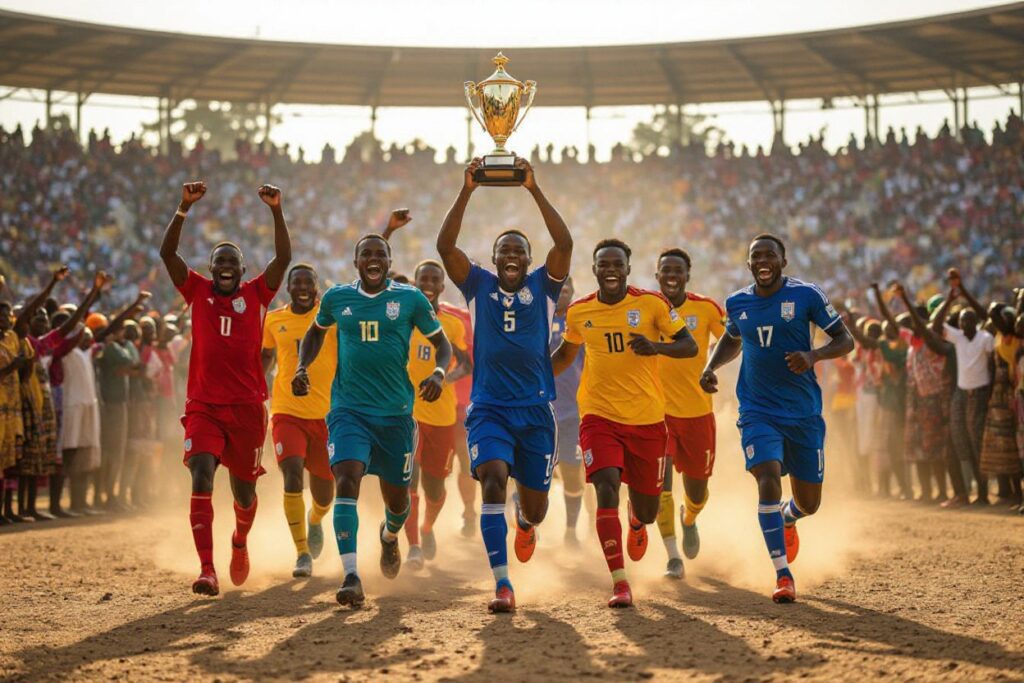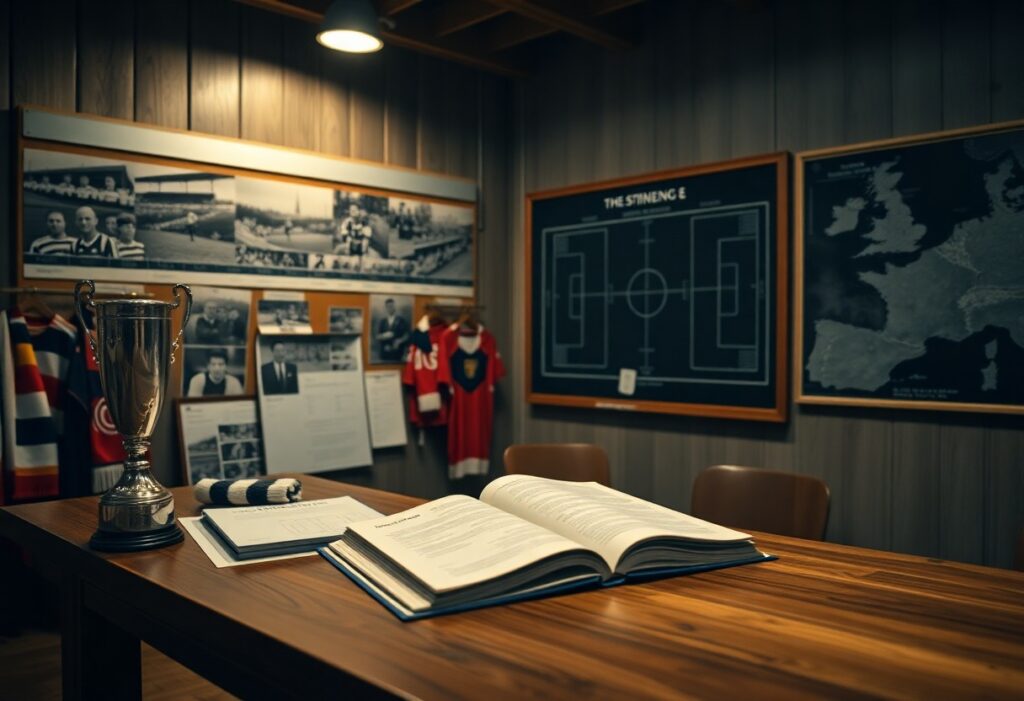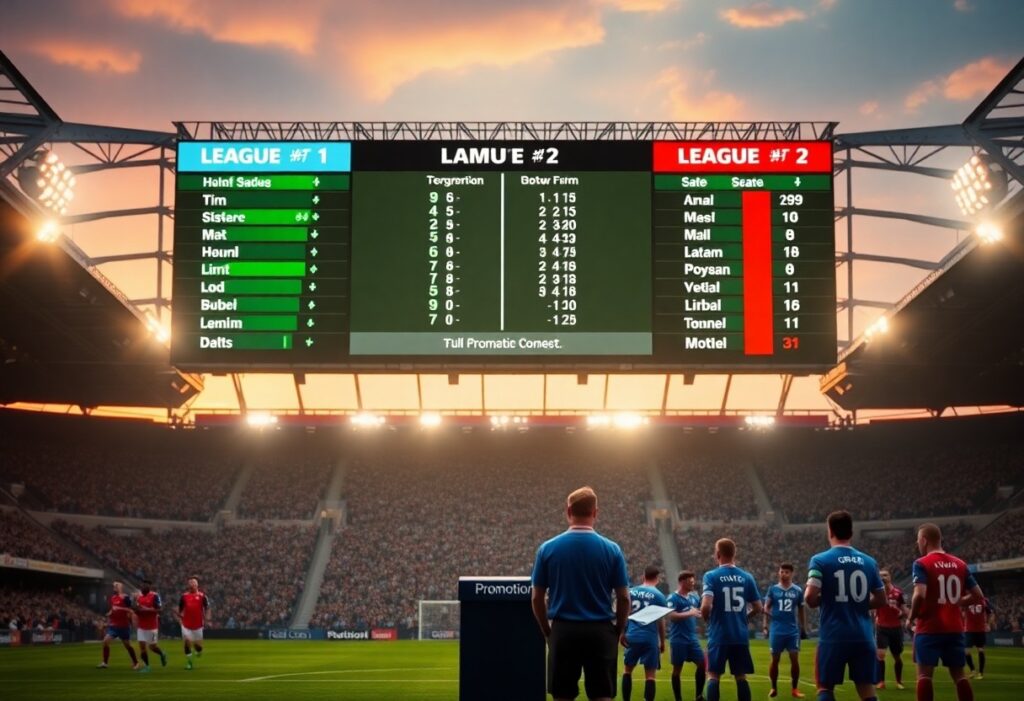
African upsets have reshaped the continent’s football narrative, and you can learn from matches where historic upsets and dramatic late goals produced shock results; as you explore these stories, note how underdog resilience exposed tactical innovation and psychological grit that toppled giants and altered your view of tournaments forever.
Legendary Matches that Defied Expectations
You can point to specific nights that rewrote reputations and shifted continental momentum: games where underdogs held firm for 120 minutes, then sealed glory from the spot, or where host nations rode crowd fury to improbable results. Matches like these became case studies in resilience, tactical underdog planning, and penalty‑deciding drama that changed how teams approached big tournaments and how you remember African football history.
The Unexpected Triumph of Zambia in 2012
You watched Zambia, coached by Hervé Renard, navigate a tournament hosted by Gabon and Equatorial Guinea and reach the final in Libreville, where they held a star‑studded Ivory Coast to 0–0 before winning an epic shootout 8–7 on penalties. The squad, led by captain Christopher Katongo, dedicated that victory to the 1993 national team who perished in a plane crash, turning an underdog title into a deeply emotional national milestone.
Libya’s Historic Win in the 1982 African Cup of Nations
You saw Libya transform home advantage into an unforgettable campaign in 1982: as hosts they produced a sequence of results that carried them to their first-ever AFCON final, finishing as runners‑up and delivering the nation a football high that still ranks as Libya’s best tournament performance.
Delving deeper, you’ll notice Libya’s 1982 run combined disciplined defense, tactical pragmatism, and intense home support that repeatedly unsettled favorites; the final was settled on penalties after a draw, and that narrow margin underscores how close Libya came to a fairytale title. The tournament accelerated investment in local clubs, raised coaching standards, and left a legacy that you can trace through Libya’s football development and the pride still recalled by fans today.
Grassroots Heroes: Teams That Beat the Odds
The Rise of Sierra Leone’s National Team
You’ve watched Sierra Leone rebuild after the 2014 Ebola shutdown that halted domestic football for months, yet local academies like Mohamed Kallon’s and the return of diaspora pros such as Kei Kamara and Umaru Bangura helped revive the national setup. Young players from Freetown’s community clubs increasingly feed the senior squad, and you can see progress in tighter defensive organization and more competitive qualifying campaigns across the last five years.
Uganda’s Journey from Struggles to Success
You felt the surge when the Cranes finally returned to the Africa Cup in 2017 after a 39-year absence, then consolidated with back-to-back qualifications later in the decade. Strong leadership from goalkeeper Denis Onyango, plus homegrown talent deployed by local clubs, turned Uganda into a resilient, hard-to-break side that now regularly challenges stronger West and North African teams.
You can trace Uganda’s rise to sustained investment in club pathways: KCCA, Vipers SC and SC Villa have become reliable talent pipelines, while the Uganda Premier League’s expansion to a 16-team format created more professional minutes for prospects. Youth competitions at U-17 and U-20 levels now produce players who move to competitive leagues abroad, and that export of experience—combined with Onyango’s influence at Sundowns-level professionalism—gave the senior side a tactical maturity you can see in tighter defensive shape and faster transitions on the wings.
Iconic Players Who Changed the Game
The Story of Samuel Eto’o and His Underdog Journey
Born in Douala in 1981, you trace Eto’o’s climb from the Kadji Sports Academy through early loan spells at Leganés and Mallorca, where he proved himself as a ruthless finisher. He helped Cameroon to Olympic gold in 2000 and later collected UEFA Champions League medals with Barcelona (2006) and Inter (2010), turning initial setbacks into a legacy of decisive goals on Europe’s biggest stages.
Yaya Touré’s Ascension from Ivory Coast’s Shadows
You saw Yaya arrive in Europe and, after signing for Manchester City in 2010, evolve into a complete box-to-box midfielder. His blend of power, timing and technique earned him four consecutive African Player of the Year awards (2011–2014), and he became indispensable in City’s title campaigns, offering game-changing runs and defensive solidity.
Tactical transformation explains his impact: Barcelona used him as a deep-lying option, but at City he added goal threat and leadership, delivering key performances that helped end a 44-year league drought in 2011–12. You can point to his long-range strikes and late runs into the box as the patterns that forced opponents to adjust their entire defensive shape.
The Role of Community Support and National Pride
You’ve seen how stadium roars, neighborhood fundraisers, and diaspora remittances convert thin squads into belief-filled contenders: Zambia’s 2012 AFCON run—capped by a 0–0 final and an 8–7 penalty win in Libreville—was powered by nationwide solidarity, while Sierra Leone’s post-2014 recovery mobilized thousands of fans back to the stands. You also confront the darker side: the Port Said disaster in 2012 (74 dead) showed how packed passions can become dangerous without safeguards.
How Local Fans Fuel Underdog Success
Local supporters lift players’ intensity and influence momentum: in Zambia’s qualifiers and AFCON campaign, fans’ travel to away fixtures and packed home stands created an atmosphere that unnerved favorites and boosted player confidence. You can see the effect in decisive penalty shootouts, set-piece energy, and refereeing margins—where the noise and visual support often tilt close matches toward the underdog. Visible, vocal backing frequently turns narrow deficits into comeback wins.
National Pride as a Catalyst for Victory
National symbolism turns matches into missions: Zambia dedicated its 2012 triumph to the 1993 plane crash victims, and that collective meaning amplified players’ resolve. You notice similar surges after Senegal’s 2002 World Cup upset of France, where national euphoria translated into greater investment and youth interest. Shared purpose and historical memory can sharpen focus and produce performances beyond expected levels.
Beyond emotion, national pride drives concrete outcomes you can measure: spikes in youth registrations, government bonuses, and stadium attendance often follow surprise runs, creating better pipelines and improved training conditions. You should watch how federations capitalize on momentum—sustained investment after an upset turns a one-off victory into long-term development for the next generation.
Tactical Innovations Behind Underdog Success
Unconventional Strategies that Surprised Rivals
Underdogs flipped script by deploying unexpected shapes: a deep 5-4-1 to force long-range errors, or an aggressive high press to unsettle ball-playing giants. You saw this in Zambia’s 2012 AFCON final, where disciplined containment and patience took the match to an 8–7 penalty shootout, and in Senegal’s 2002 opener, whose physical midfield won a surprising 1–0 vs France.
The Influence of Coaching on Underdog Performances
Coaches converted limited resources into tactical clarity: Hervé Renard engineered Zambia’s unity in 2012, Aliou Cissé built Senegal’s 2021 AFCON winners through mental toughness, and Walid Regragui turned Morocco into a defensive unit that ousted Spain and Portugal at the 2022 World Cup. You notice how clear roles, focused set-piece routines and psychological prep create outsized gains.
Deeper still, you can trace concrete methods: Renard’s match-day rituals and video drills, Cissé’s intensive penalty rehearsals before the AFCON final (won on penalties), and Regragui’s insistence on compact lines and quick transition training. Those targeted sessions often shaved seconds off counterattacks and reduced defensive errors, producing measurable results in tournaments.
Final Words
With these considerations you can appreciate how famous underdog wins in African football reshape narratives, inspire grassroots growth, and challenge established hierarchies; they show you that tactical discipline, community support, and belief can overturn odds, and they invite your continued attention to emerging stories that redefine the continent’s sporting landscape.



